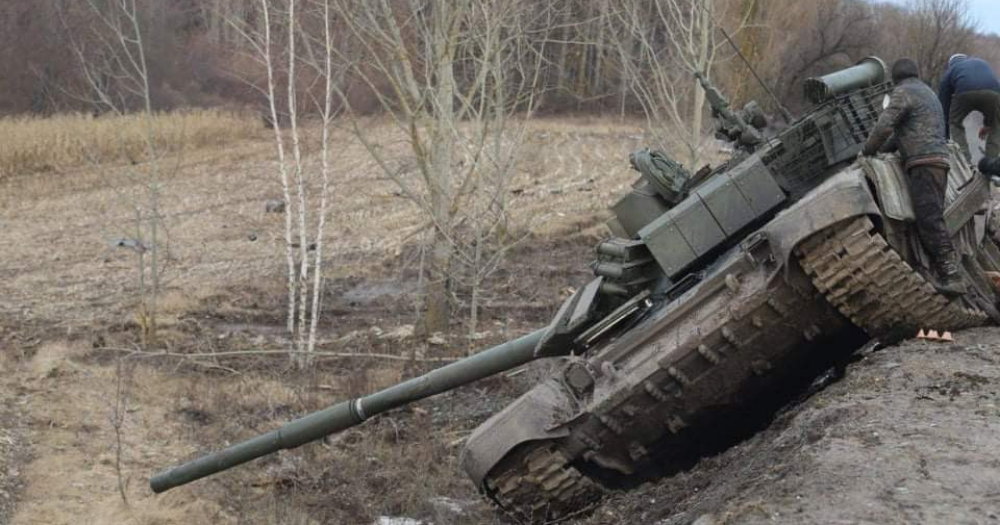Follow us on Telegram for the latest updates: https://t.me/mothershipsg
A Russian researcher who leads the country's delegation at a major United Nations climate conference apologised for Russia's invasion of Ukraine on Feb. 27, several international media reported.
Head of Russian delegation apologised for war at UN climate conference
At the end of this virtual closed-door meeting, Oleg Anisimov was heard saying, "Let me present an apology on behalf of all Russians not able to prevent this conflict."
Anisimov also added that "all of those who know what is happening fail to find any justification for the attack on Ukraine, AFP and Bloomberg reported.
Anisimov's apology came after his Ukraine counterpart, Svitlana Krakovska, shared about her country's plight at the meeting.
His statement came as a surprise to attendees of the virtual meeting.
Anisimov expressed admiration for the Ukrainian delegation's commitment to participating in the negotiations, despite the war.
He said, "since we are dealing with scientific issues, we have huge admiration for the Ukrainian delegation that was able to still do its work".
Anisimov later clarified with AFP that the view expressed is of his own, and it is not an official statement of the delegation.
Speaking to Bloomberg, Krakovska said that she has not met Anisimov before prior to this virtual meeting.
She added that she now fears for his safety.
Anisimov is a scientist at the state hydrological institute in St. Petersburg, according to the Washington Post.
Don't surrender in building a climate resilient future: Ukrainian scientist
According to AFP, Krakovska was reported saying in English:
"We will not surrender in Ukraine, and we hope the world will not surrender in building a climate resilient future."
Bloomberg also reported Krakovska describing how the war and climate change are both rooted from the dependence on fossil fuels at the meeting.
"Someone could question us that IPCC is not a political body, and should only assess science related to climate change. Let me assure you that this human-induced climate change and war against Ukraine have direct connections and the same roots. They are fossil fuels and humanity’s dependence on them.
[...]
While emissions of greenhouse gas have changed the energy balance of the planet, the ease of receiving energy from burning coal, oil and gas has changed the balance of power in the human world. We cannot change laws of the physical world but it is our responsibility to change laws of human civilization towards a climate resilient future.”
The conference marked the end of a two-week negotiation where delegates from 195 countries finalised the latest report published by the Intergovernmental Panel on Climate Change (IPCC).
The latest IPCC report released yesterday (Feb. 28) spells out the impact of climate change on ecosystems and societies, which includes some irreversible consequences if global warming is not curbed in time.
The Working Group II report is the second instalment of the IPCC’s Sixth Assessment Report (AR6), which will be completed this year.
What does the latest IPCC report say?
The latest report that was released on Feb. 28 is "a dire warning about the consequences of inaction", the IPCC Chair, Hoesung Lee, described.
Lee added that this report recognises the interdependence of climate, biodiversity and people and integrates natural, social and economic sciences more strongly than earlier IPCC assessments.
“It emphasizes the urgency of immediate and more ambitious action to address climate risks. Half measures are no longer an option.”
The report warns about unavoidable multiple climate hazard in the next two decades with global warming of 1.5°C.
Even temporarily exceeding this warming level will result in more severe impacts, some of which will be irreversible.
Increased extreme weather events will lead to mass mortalities in species such as trees and corals.
The cascading impacts from these weather events will become increasingly difficult to manage.
Top image via
If you like what you read, follow us on Facebook, Instagram, Twitter and Telegram to get the latest updates.

